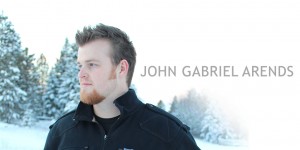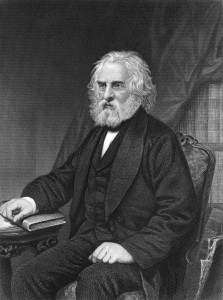 Last summer, my brilliant son, Nate, solved an age-old question. One beautiful blue-green day, my daughter and I were swimming across a bay of the French River. He was our lifeguard, staying slightly ahead of us in a motorboat.
Last summer, my brilliant son, Nate, solved an age-old question. One beautiful blue-green day, my daughter and I were swimming across a bay of the French River. He was our lifeguard, staying slightly ahead of us in a motorboat.
The water felt wonderful except for the occasional cold spot. I told him I’d always wondered why there were warm and cold sections in the water. You’d think a river would have it all mixed up so you wouldn’t encounter such a stark change. Nate had studied the nature of fluids as a mechanical engineering student. He nonchalantly replied, “Oh that’s easy.”
“What do you mean?” I asked, swimming closer to the boat.
 “The motor pulls colder water up from the bottom.” He said. “A powerboat essentially leaves a cold wake as it travels down the river. Swimming across the bay, you’re passing through the wakes, thinking they’re isolated cold spots.”
“The motor pulls colder water up from the bottom.” He said. “A powerboat essentially leaves a cold wake as it travels down the river. Swimming across the bay, you’re passing through the wakes, thinking they’re isolated cold spots.”
Then he gave me a wild look. “I’ll prove it to you!” All at once, he jetted big circles around us, bringing waves of freezing water up from the bottom.
 “You’ve lost your head!” I said.
“You’ve lost your head!” I said.
But he wouldn’t relent.
“Okay, okay!” I shouted. “I believe you.”
Turns out he found his head.
Suddenly, it seemed so obvious, though I’d been puzzled about it for years.
Cold spots in the water are similar to hot spots—emotionally.
You’re going along, minding your own business, when something happens that triggers a huge emotional response. It comes on suddenly and is way out of proportion to the present circumstance.
A surge of deep sorrow.
A paralyzing panic or fear.
It happened to me one night in 1995 while watching the movie, Sense and Sensibility.
I identified with Elinor, the older sister in the story. Following the death of her father, she tries to hold her family together in one crisis after another. She perseveres day after day with immense fortitude, though inside she is utterly brokenhearted. I felt her inner conflict and the weight of responsibility she carried. But I didn’t realize the extent of her struggle until the end, when the desire of her heart is finally fulfilled.
Unexpected happiness unbridles her hidden sorrow, and she sobs like a child.
The Holy Spirit came close. “That’s you,” He said, gently.Continue reading



















